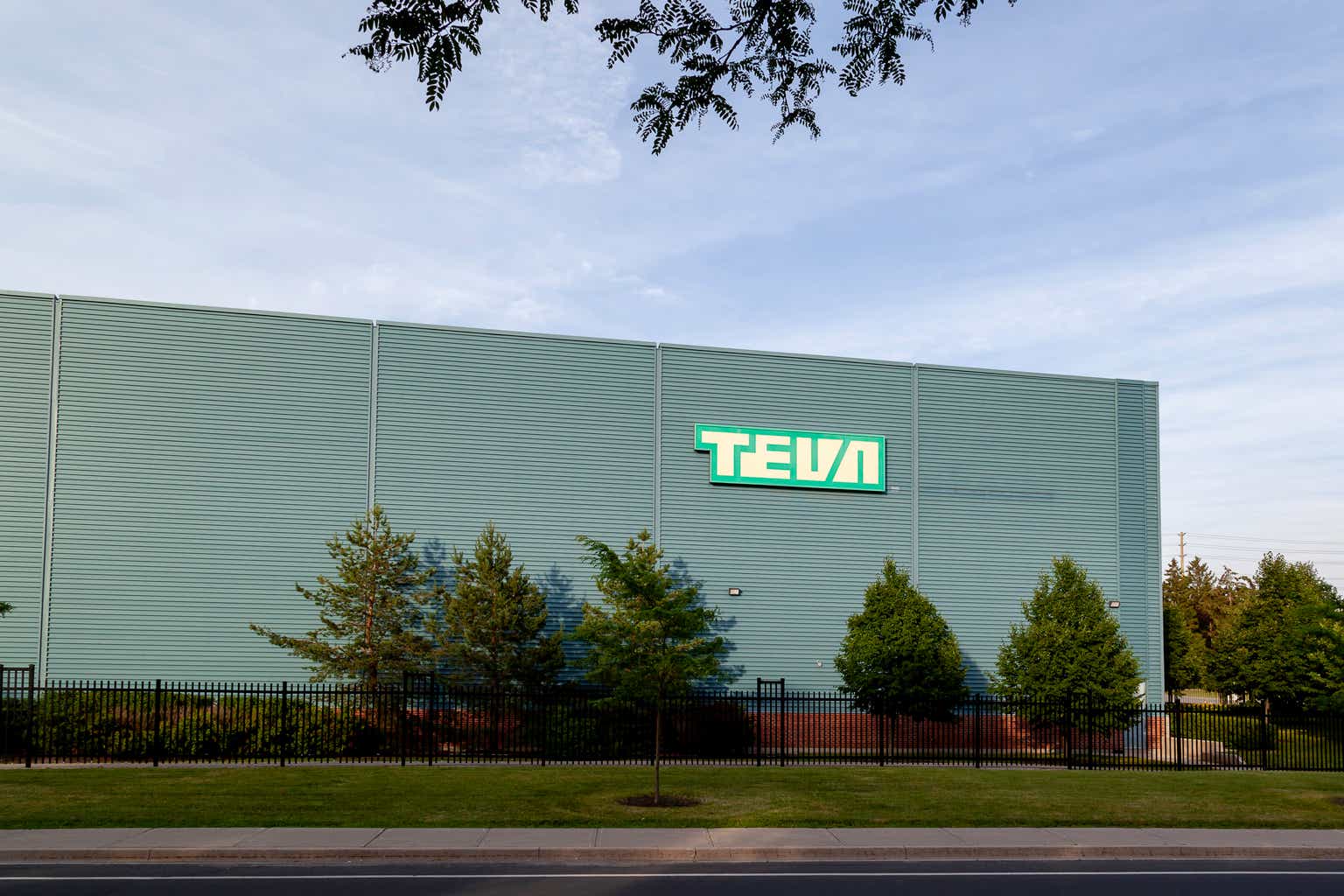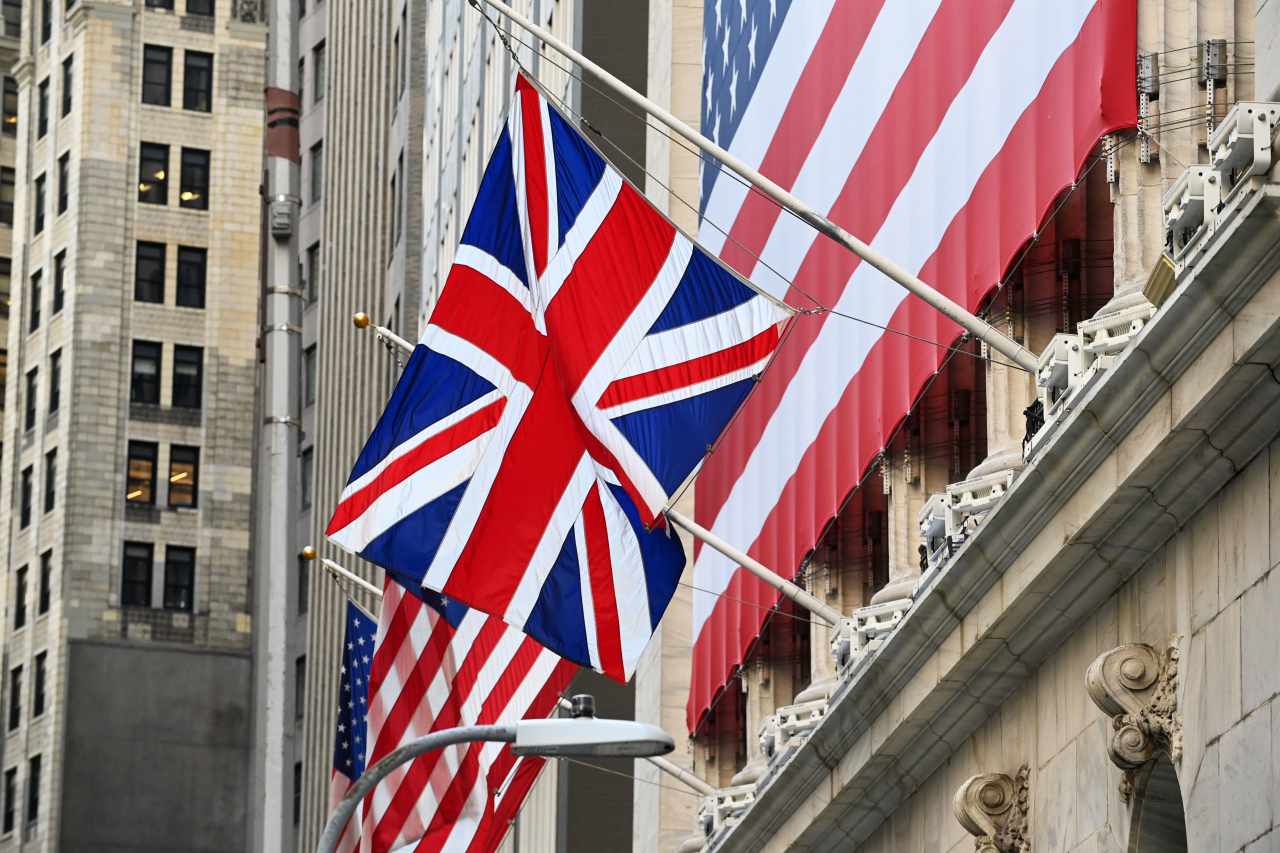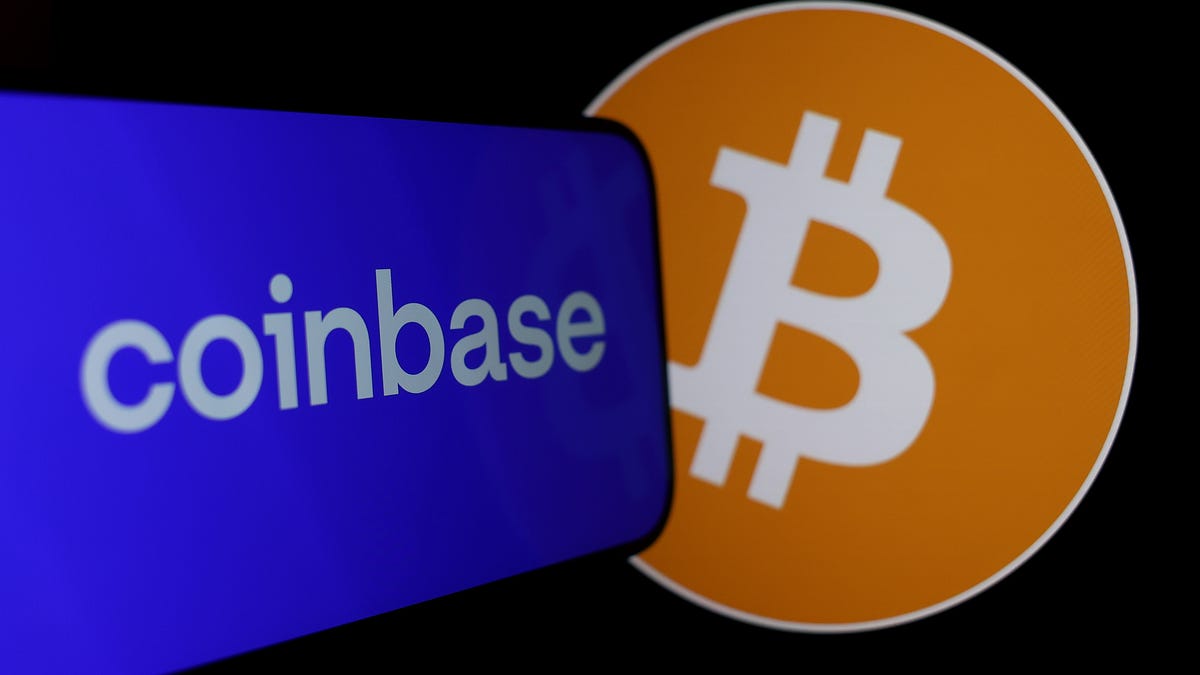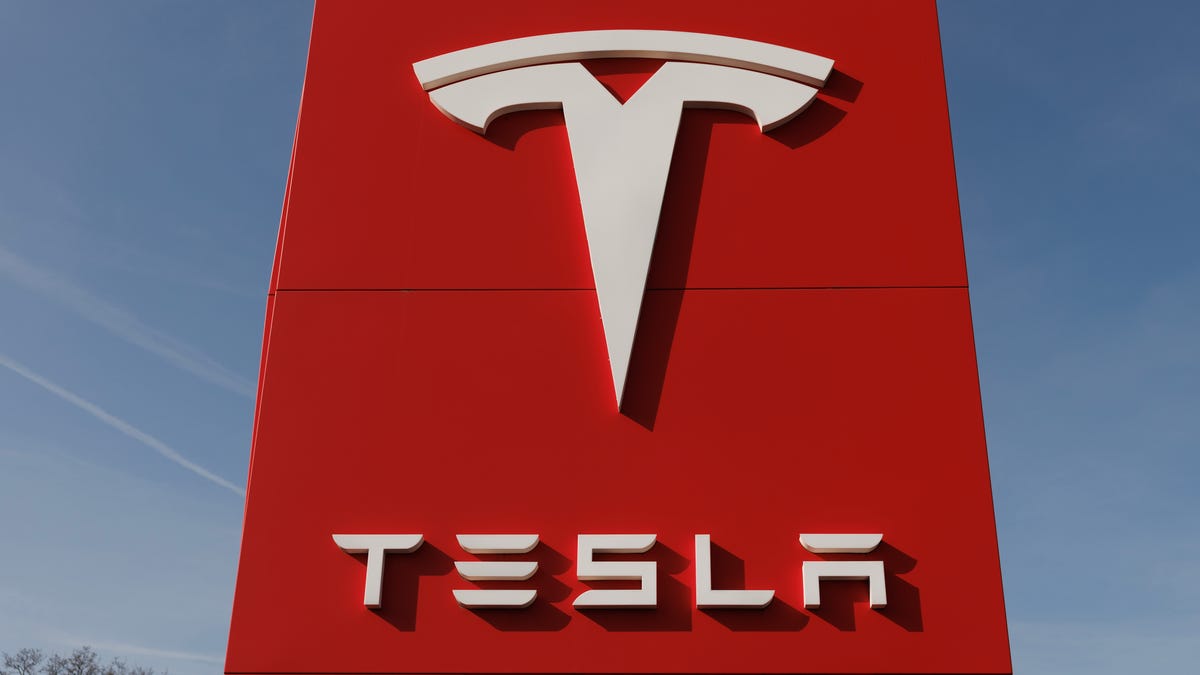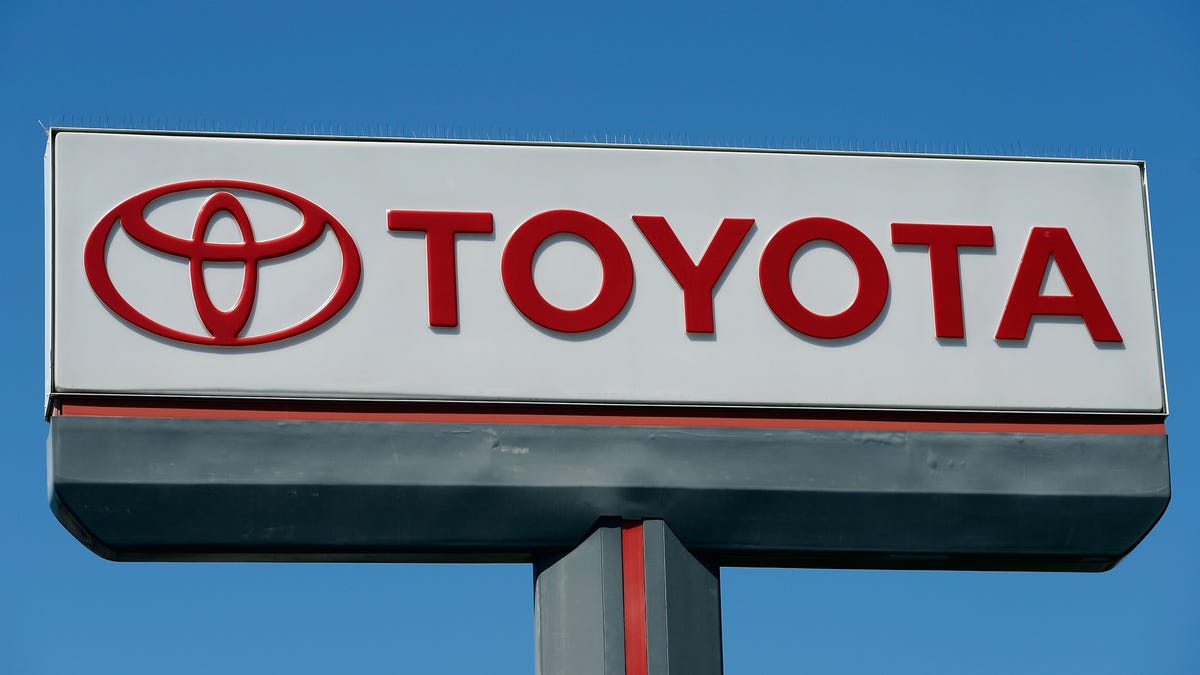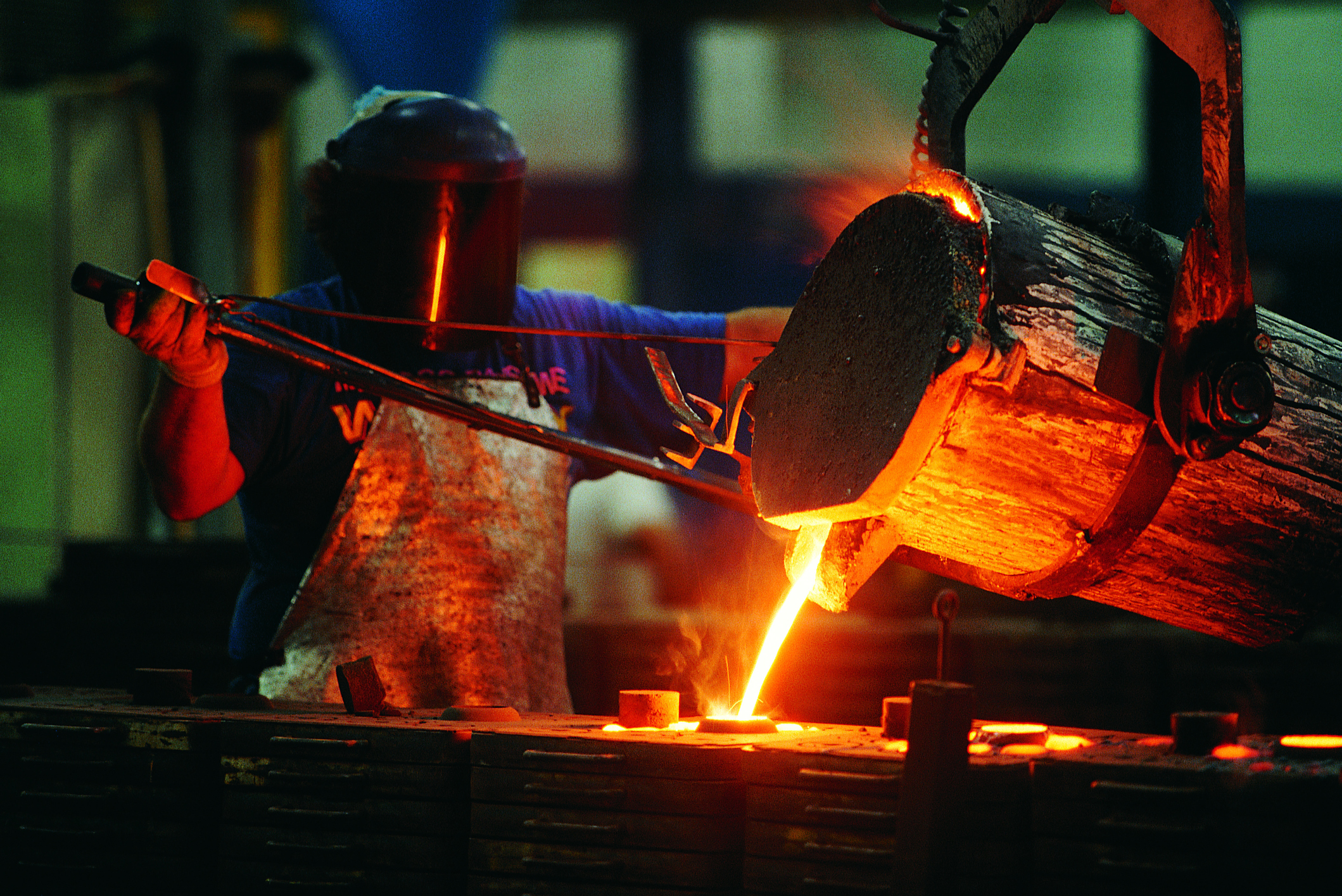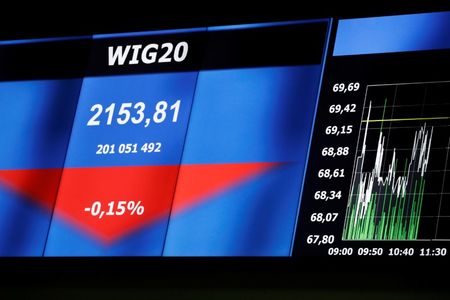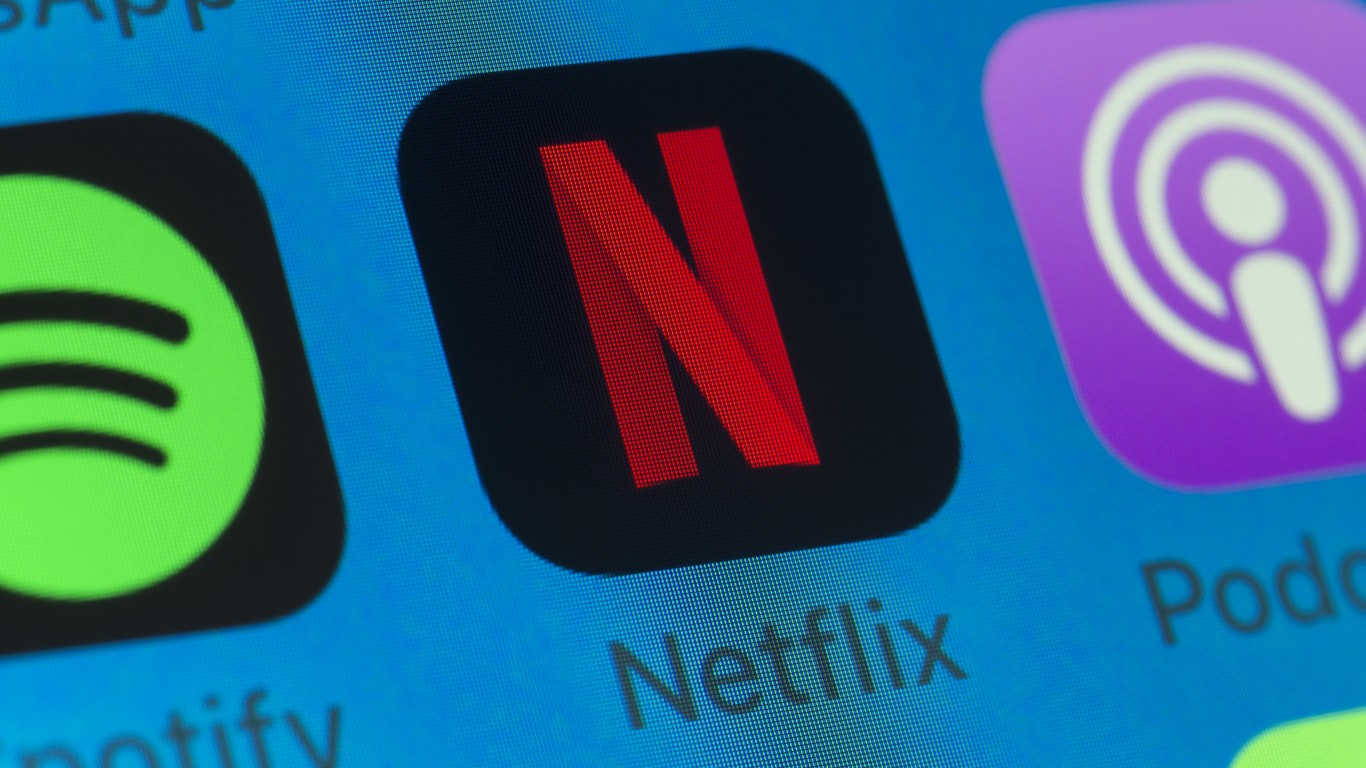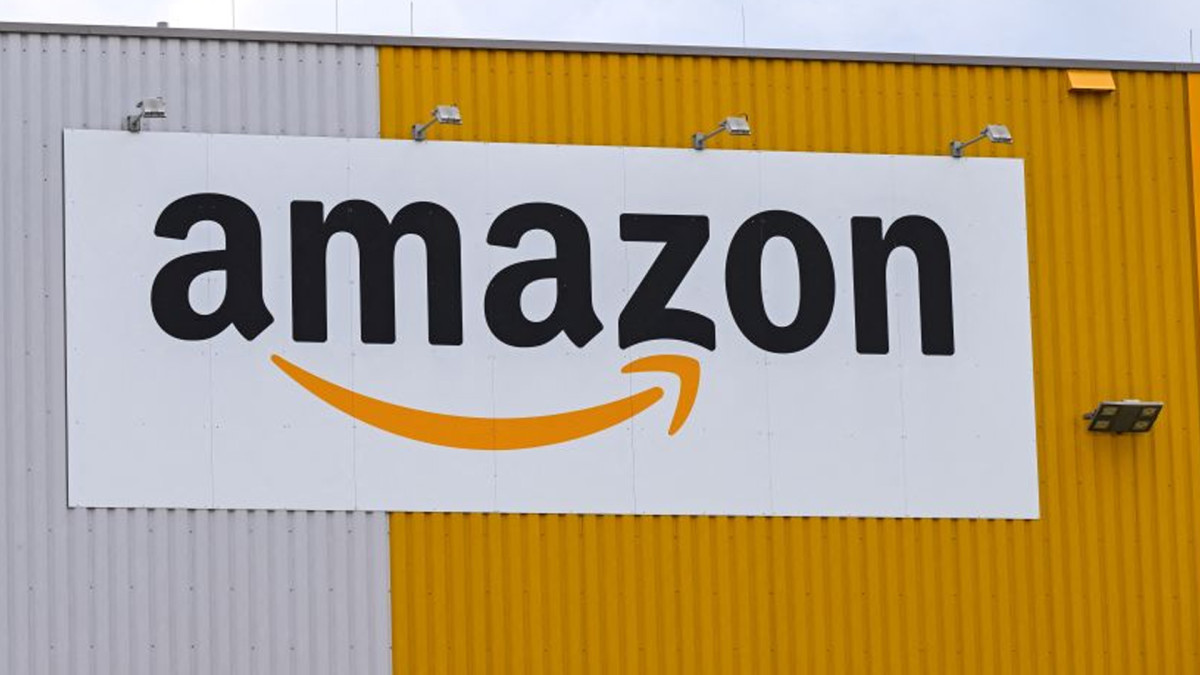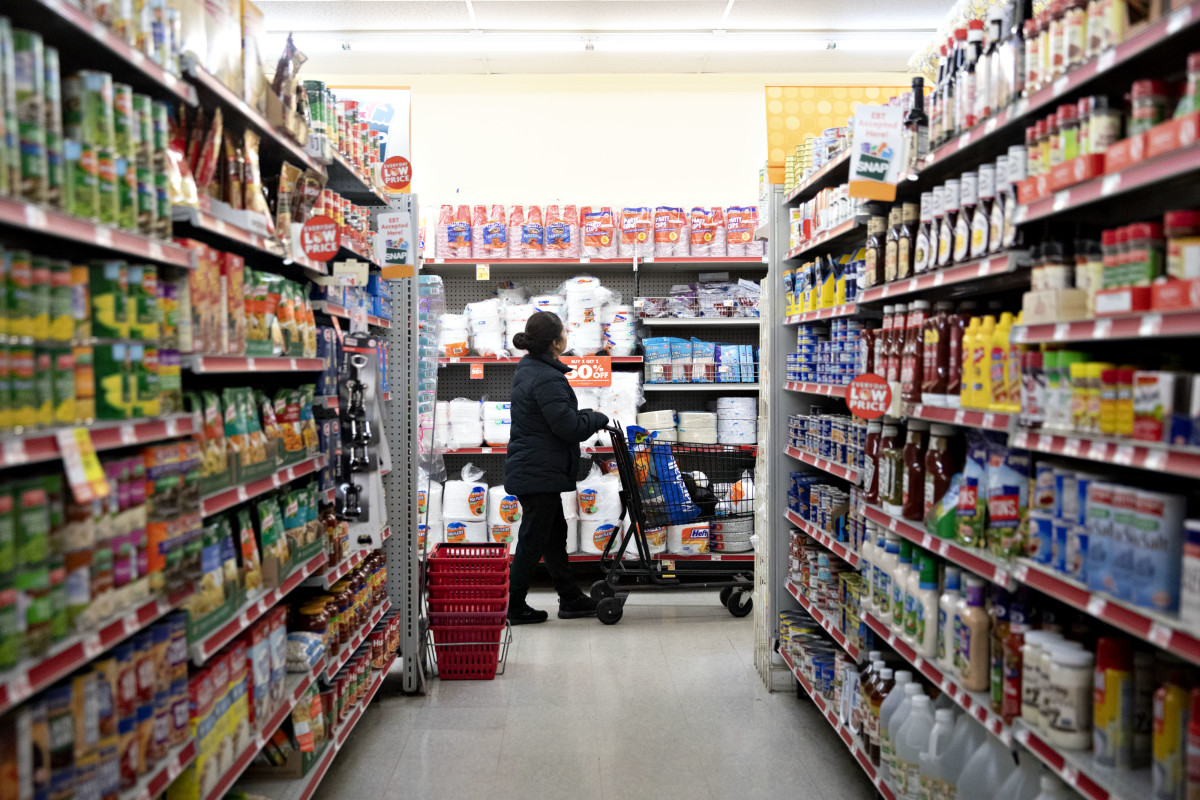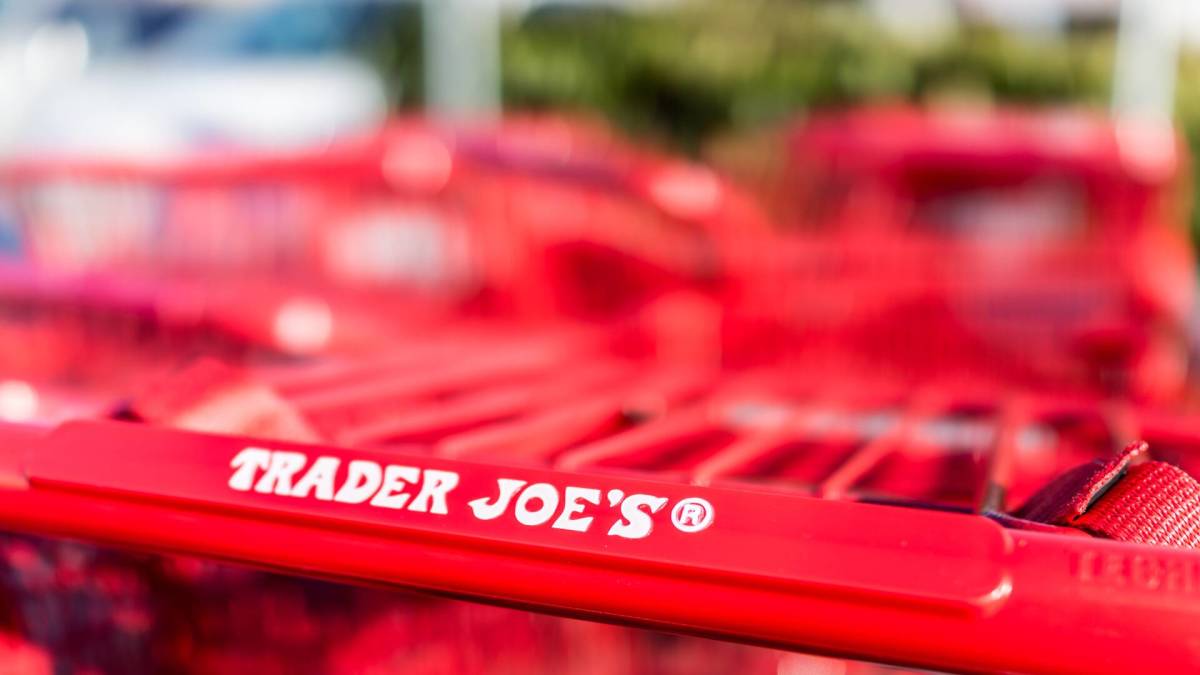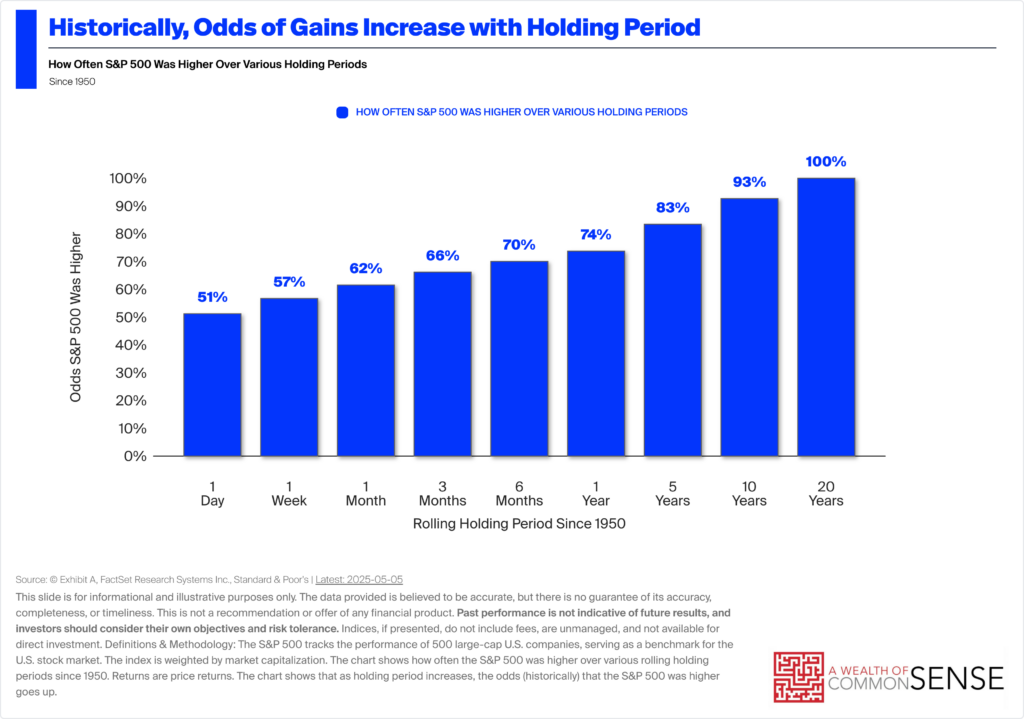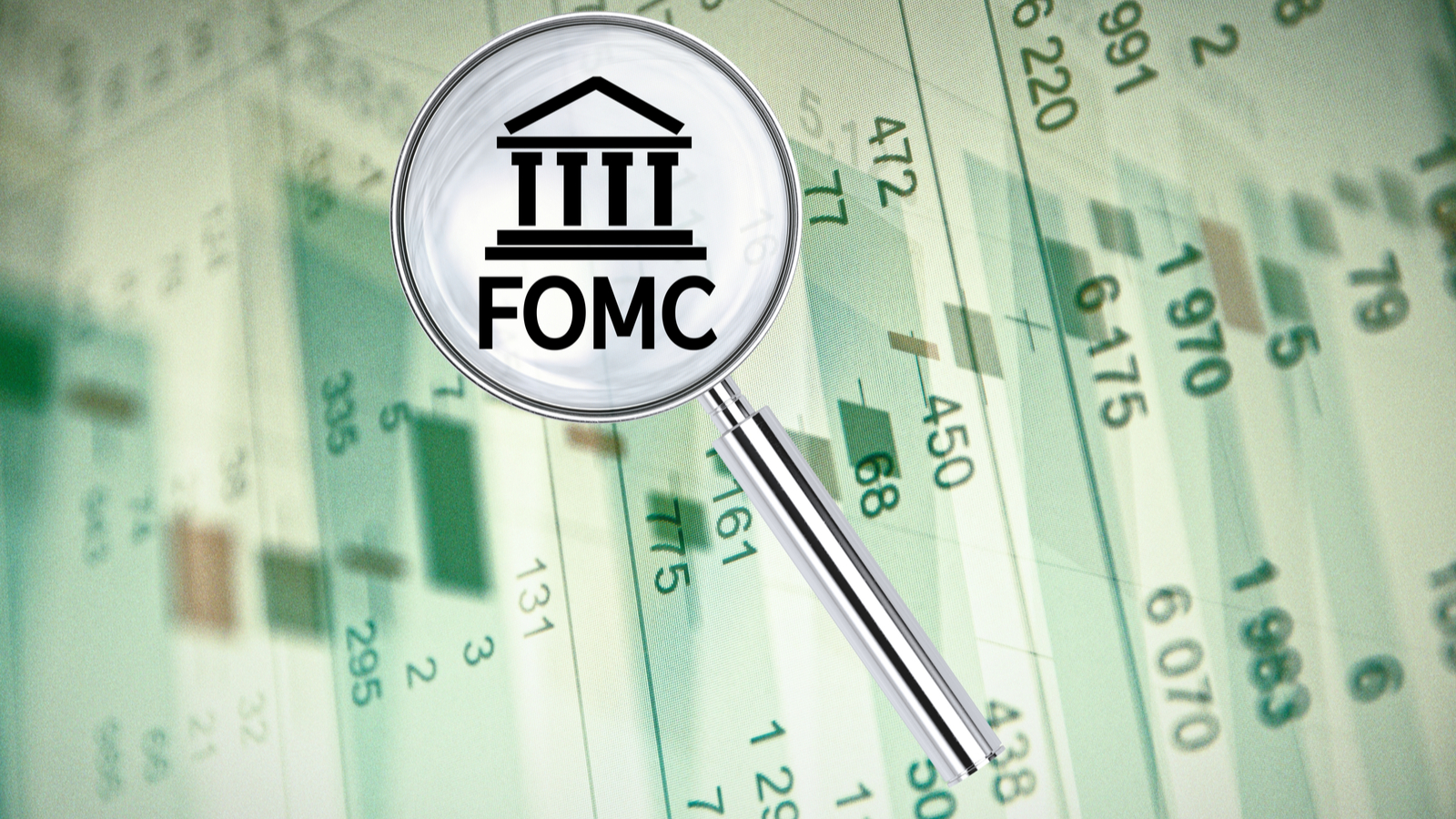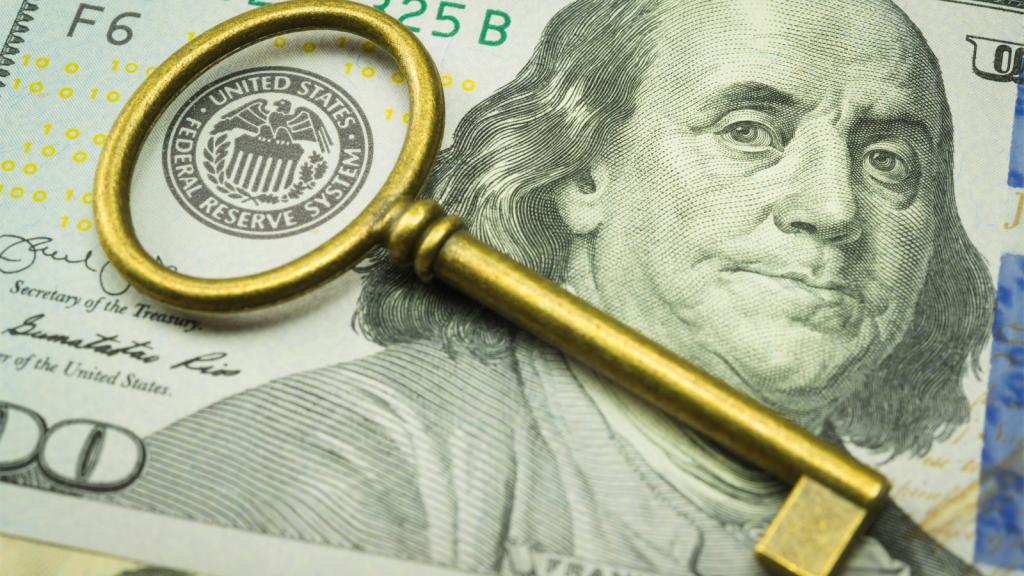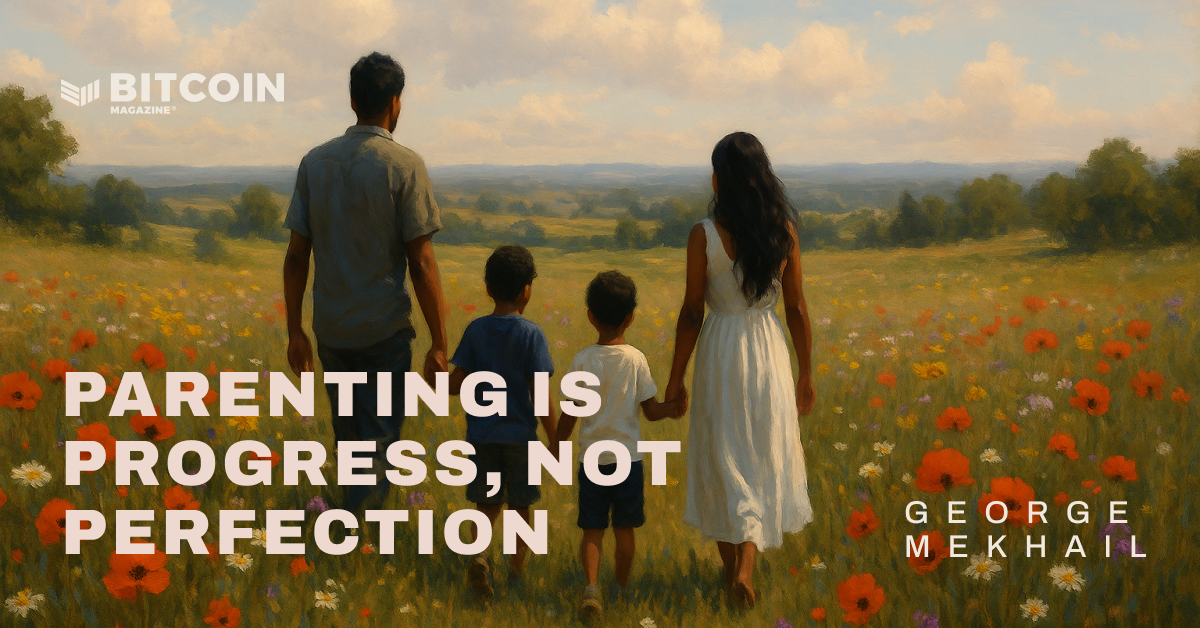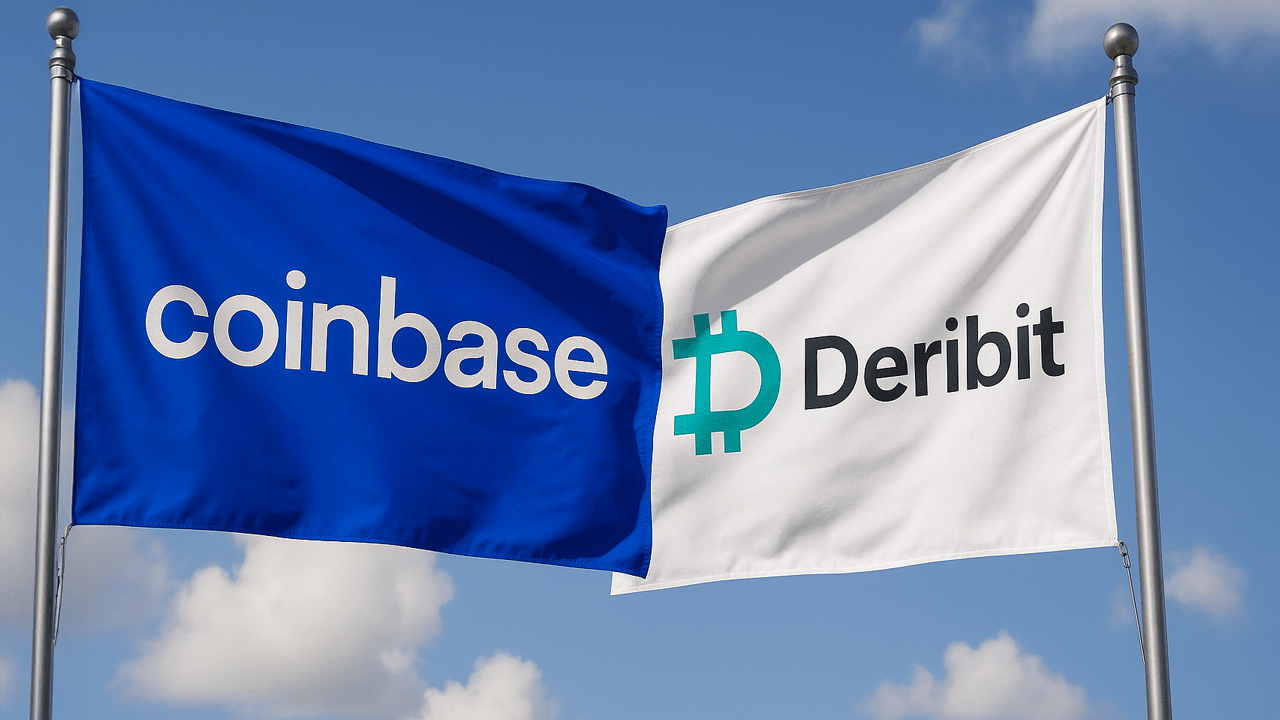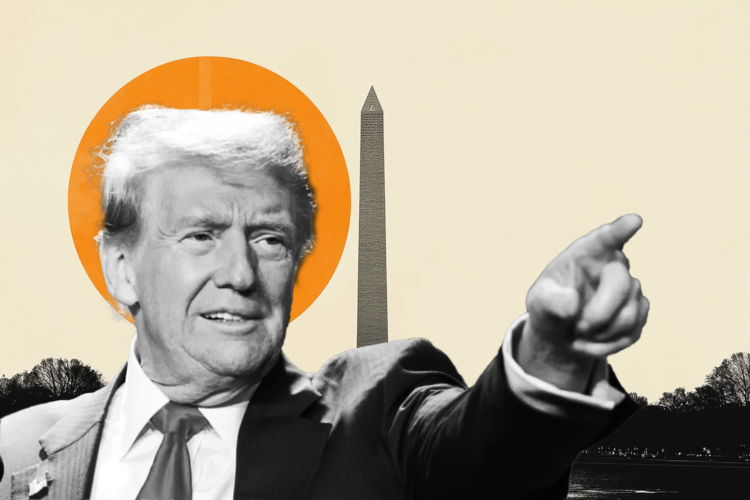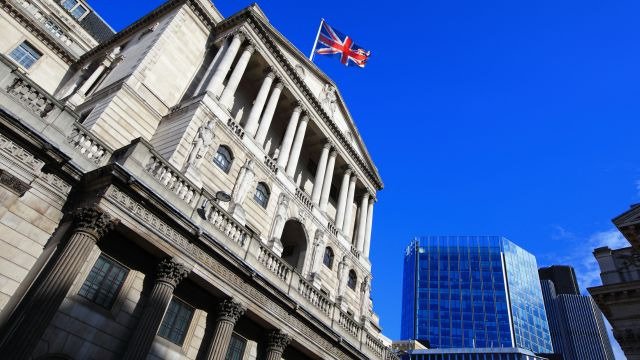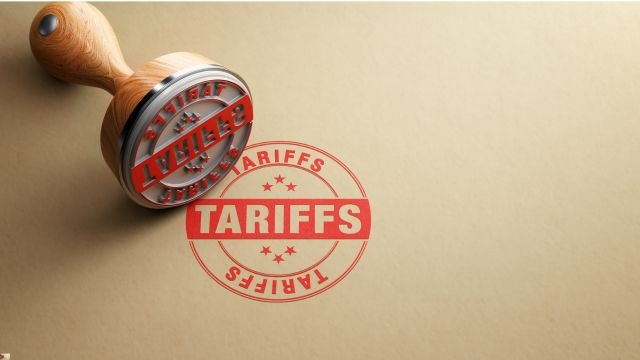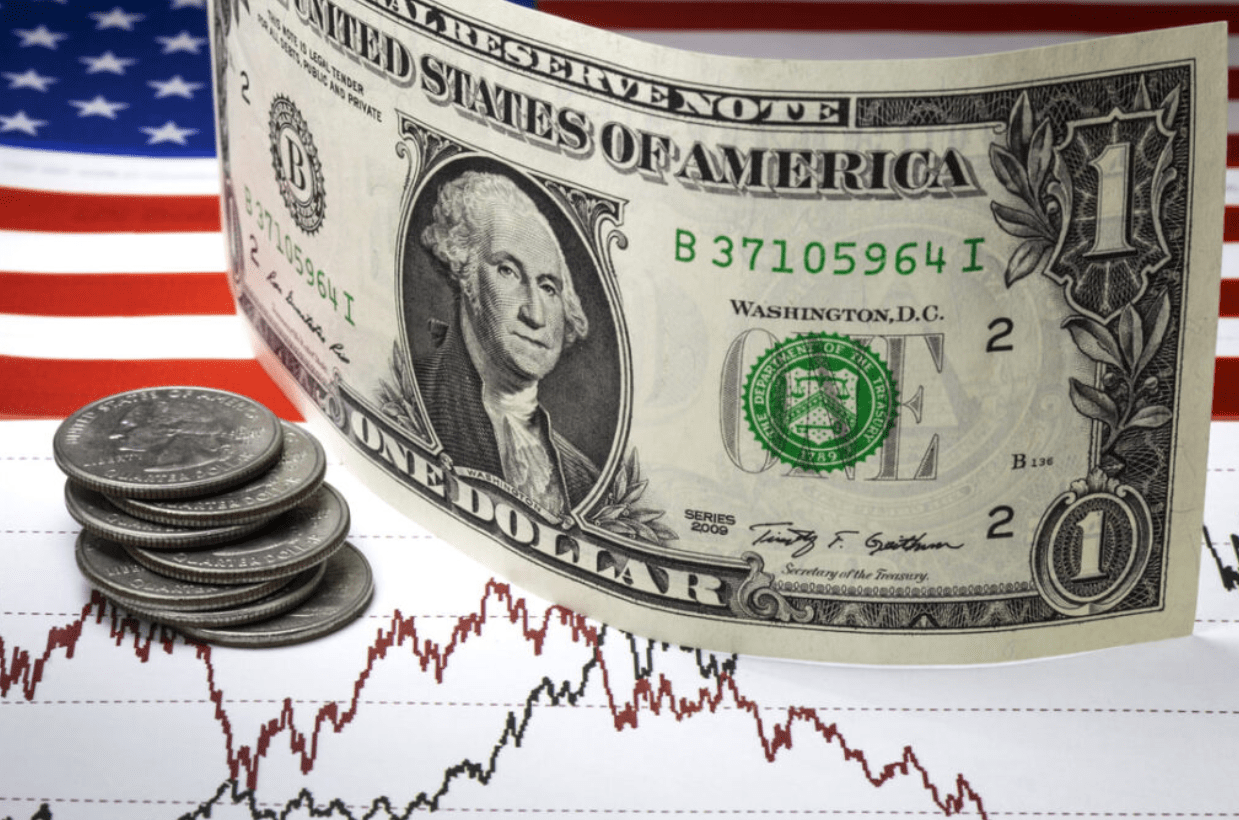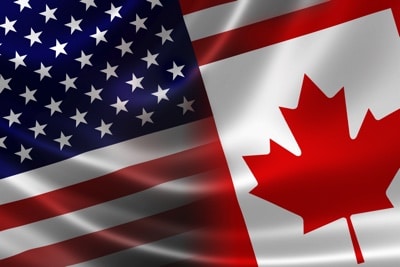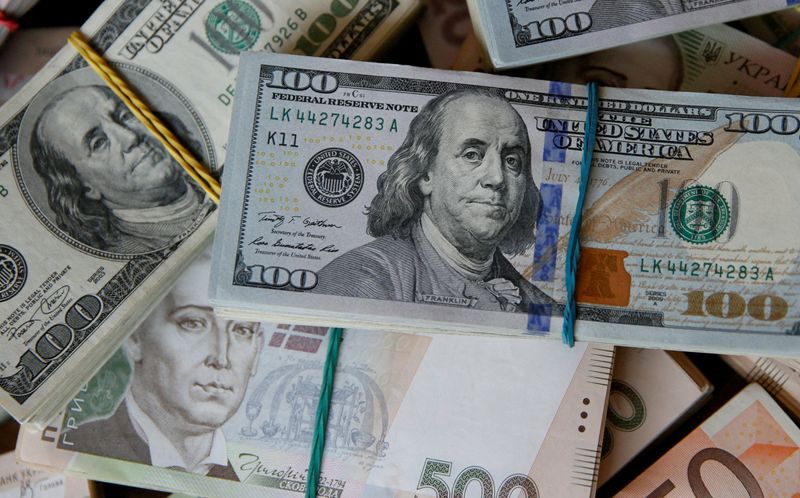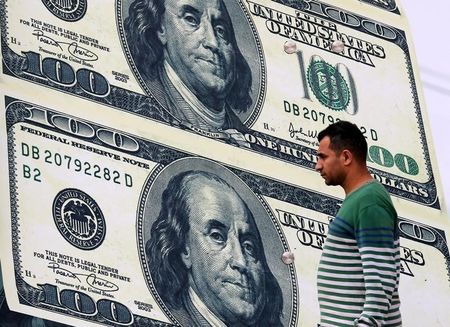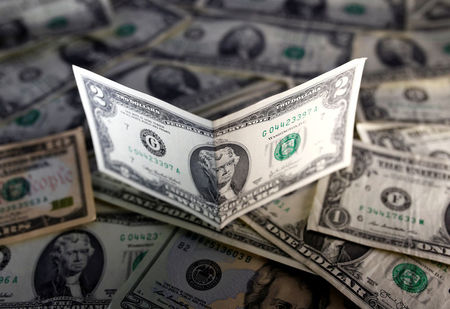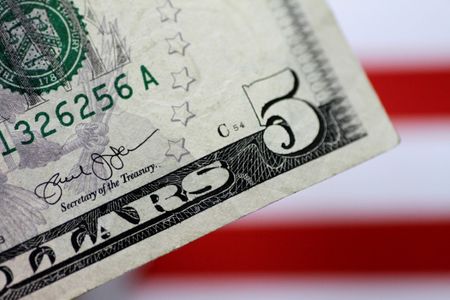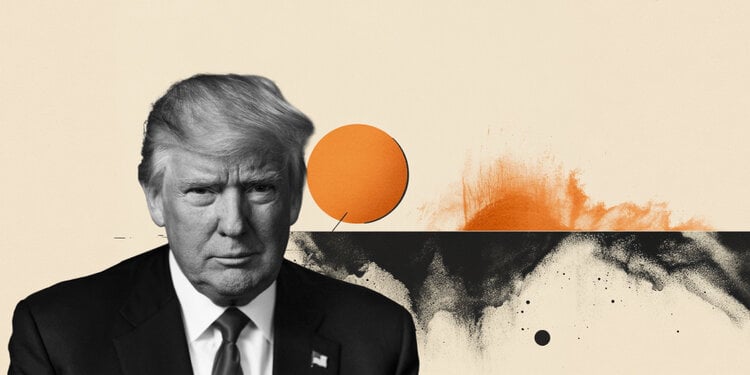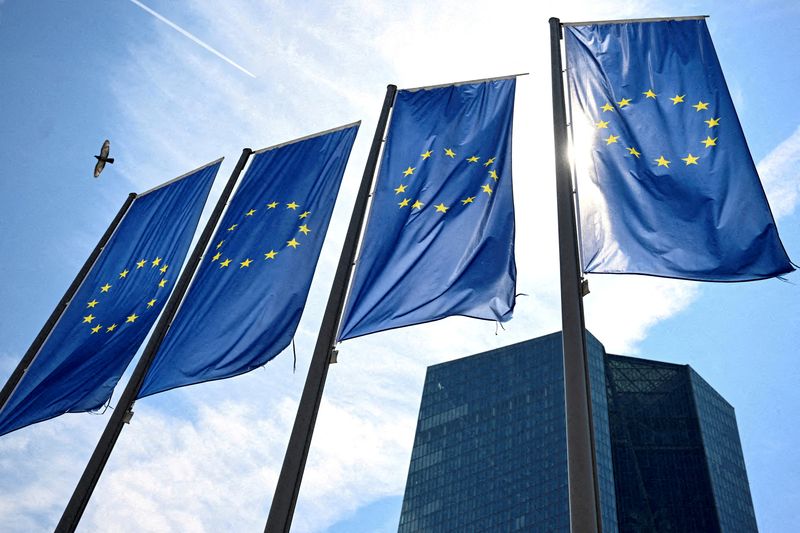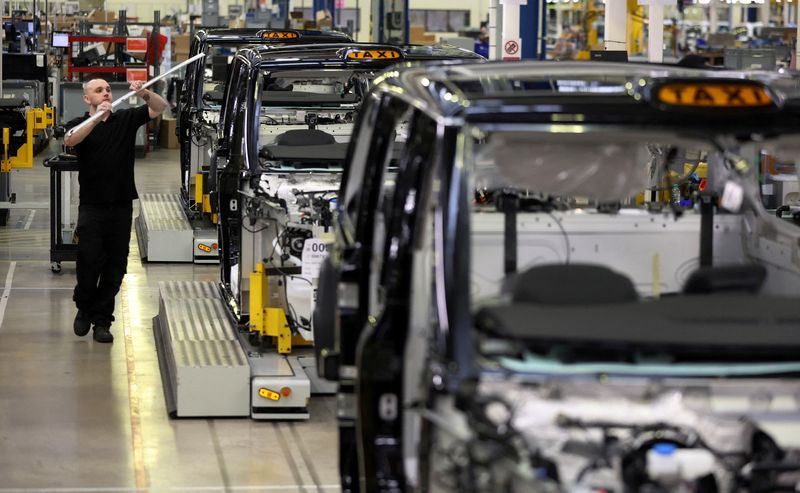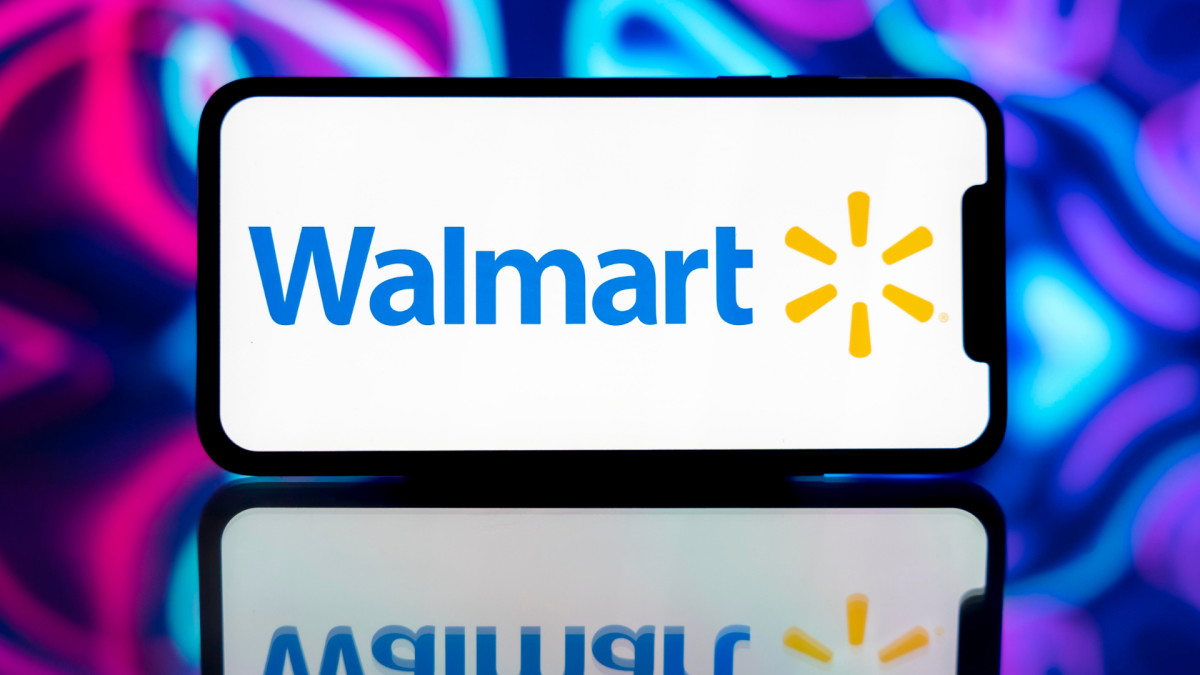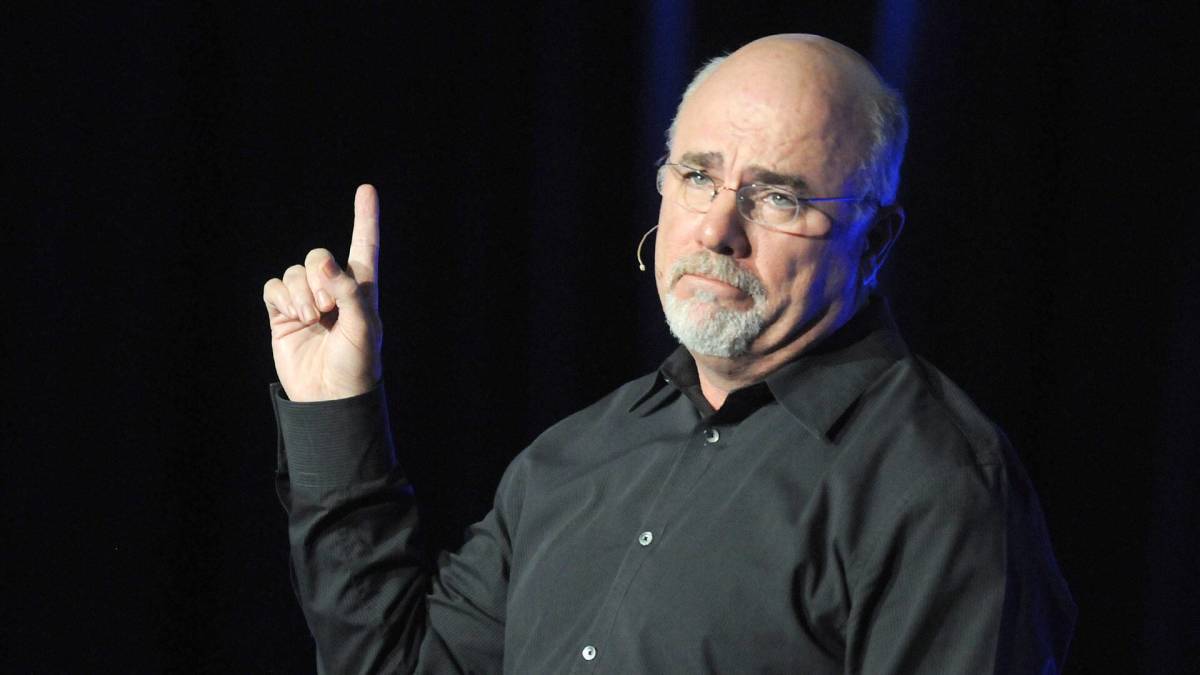Popular toymaker sounds warning consumers won't like
A good number of products could soon go up in price.
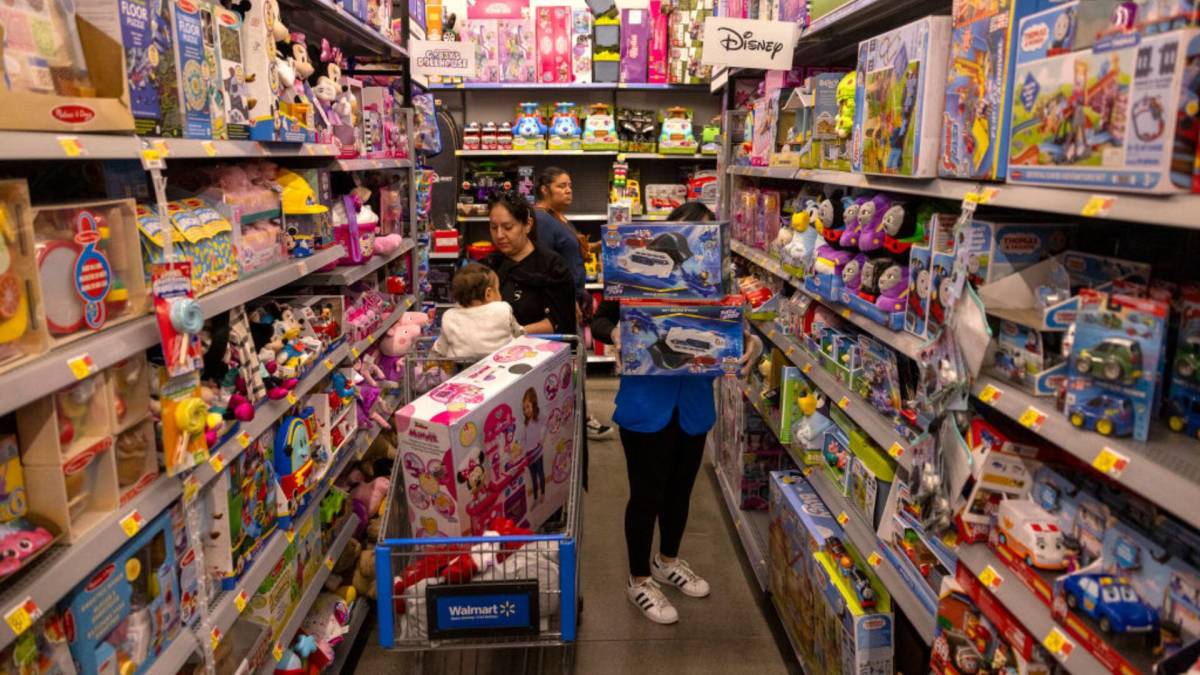
Consumers have been on edge about tariffs since they became a key talking point during the most recent presidential election.
As it is, consumers have been grappling with sky-high living costs for years thanks to stubborn inflation. And many people have exhausted their savings in the course of covering basic expenses like housing, food, and utilities. Throw tariffs into the mix, and many consumers could see their financial situations deteriorate further.
Don't miss the move: Subscribe to TheStreet's free daily newsletter
Tariffs also have a lot of major retailers spooked.
Related: Walmart makes drastic decision amid tariff threats
Retailers have taken a beating in recent years as lingering inflation has forced consumers to change their approach to spending.
If tariffs drive the cost of goods up for retailers, they'll have no choice but to pass at least some of those costs along to their customers. But that could fuel a broad pullback in consumer spending, which is why so many experts have started sounding recession alarms. Image source: Shutterstock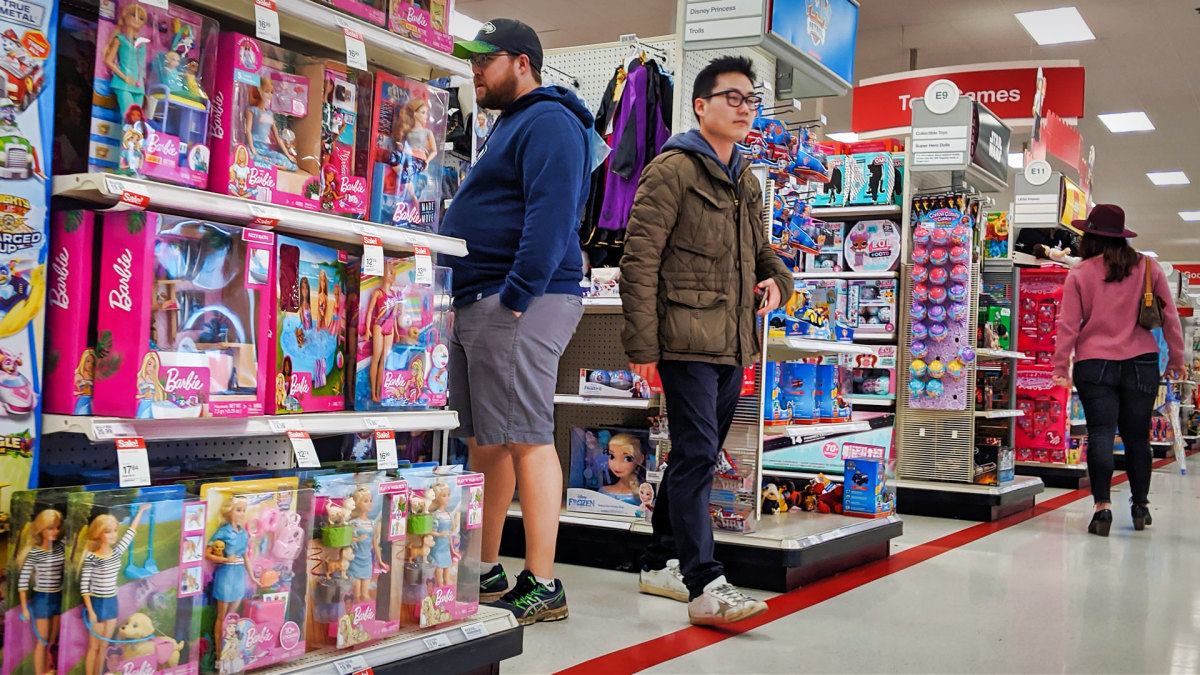
Retailers are taking steps to cope with tariffs
Some retailers are better poised than others to manage tariff-related impacts.
Walmart, for example, has an edge for a couple of reasons. Not only is its supplier list massive, but it sources much of its inventory domestically, allowing the company to shield customers from tariffs.
Related: Costco members pounce after warehouse club makes pricing mistake
Costco, meanwhile, has a much more limited selection of inventory than Walmart. But what Costco has going for it is a solid relationship with its supplier network. Costco also has the leeway to negotiate with manufacturers to keep costs down.
But while giant retailers will no doubt try to protect consumers from tariffs, their ability to do so may be limited. Consumers may have to brace for high prices as tariff policies unfold.
Mattel warns that tariffs could drive prices upward
Anyone who's tasked with buying gifts for children, whether as the parent, cool aunt or uncle, or family friend, has probably brought home a product made by Mattel. The company's famous lineup includes kid favorites such as Barbie, Hot Wheels, and Polly Pocket.
But like many of its competitors, Mattel is worried about the impact of tariffs. And during the company's most recent earnings call, it was quick to warn investors that tariffs could drive its costs upward.
Related: Popular discount retailer sounds tariff warning consumers need to hear
Mattel, like much of the toy industry, is lobbying for zero tariffs on toys. But it's also bracing for tariffs on goods made in China and other countries.
Of course, the company isn't just sitting back and waiting to get hit with higher costs. Mattel said it's working to diversify its sourcing in the hopes of avoiding tariff-related increases as much as possible.
But Mattel, like much of the U.S. toy industry, is worried about what tariffs will do to its bottom line — and whether associated price increases passed on to customers will result in poor sales in the months ahead.
Given Mattel's concerns, the company said it was pausing 2025 forecasts until it had a better sense of what to expect. But CEO Ynon Kreiz did make a point to reassure investors that the company is ready to tackle the challenge of tariffs head on.
“At Mattel, we are very good at navigating complexity, volatility, and dynamic situations," Kreiz said. "We are adapting with speed, agility, and discipline and are ready for the challenge."
More Retail:
- Walmart, Target, Costco make major 2025 announcement
- Formerly bankrupt retailer makes painful decision to close more stores
- Top investor takes firm stance on troubled retail brand
- Walmart and Costco making major change affecting all customers
Mattel manufactures about 40% of its worldwide toy sales in China, but only 20% of the toys it sells in the U.S. are made there. The company is looking to reduce that percentage further to avoid having to drastically raise prices on inflation-weary consumers.
Still, the company may be limited in what it can do, which means parents and gift-buyers may have to gear up for higher prices. That could leave consumers stretched thin during the upcoming holiday season.





